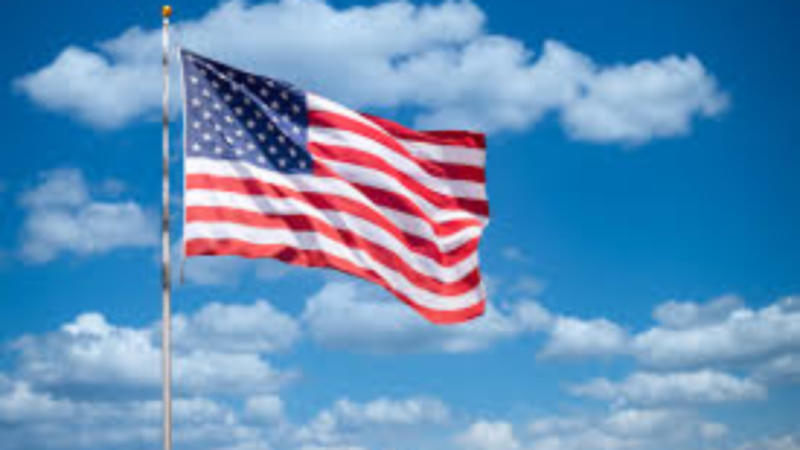The United States government has warned its citizens against travelling to Nigeria, citing widespread insecurity, terrorism, kidnapping, armed gangs, and unreliable healthcare services.
The advisory was issued as part of a global security review covering African nations. Nigeria was listed among 12 high-risk countries on the continent, including Somalia, Libya, Burkina Faso, South Sudan, the Democratic Republic of Congo, Uganda, Burundi, Mauritania, Guinea-Bissau, Niger, and Chad.
In the latest advisory, the US placed Nigeria under Level Three: “Reconsider Travel”, while 18 states were designated Level Four: “Do Not Travel”, the highest threat level.
States under the “Do Not Travel” category include:
- Borno, Yobe, Kogi, and northern Adamawa , due to terrorism and kidnapping
- Bauchi, Gombe, Kaduna, Kano, Katsina, Sokoto, and Zamfara , due to the high risk of kidnapping
- Abia, Anambra, Bayelsa, Delta, Enugu, Imo, and Rivers – due to crime, kidnapping, and the presence of armed gangs
“All locations carry significant security risks,” the advisory stated. “Reconsider travel to Nigeria due to crime, terrorism, civil unrest, kidnapping, armed gangs, and inconsistent availability of health care services. Some places in Nigeria have an increased risk.”
The US Mission in Nigeria added that violent crime is widespread and includes “armed robbery, assault, carjacking, kidnapping, hostage-taking, roadside banditry, and rape.”
“Kidnappings for ransom happen often,” the advisory warned. “They primarily target dual national citizens visiting Nigeria and U.S. citizens perceived as wealthy. Kidnapping gangs have also stopped victims on interstate roads.”
Despite the warning, travel to Nigeria has not been banned, but US citizens are strongly urged to avoid high-risk regions and remain cautious throughout the country.




